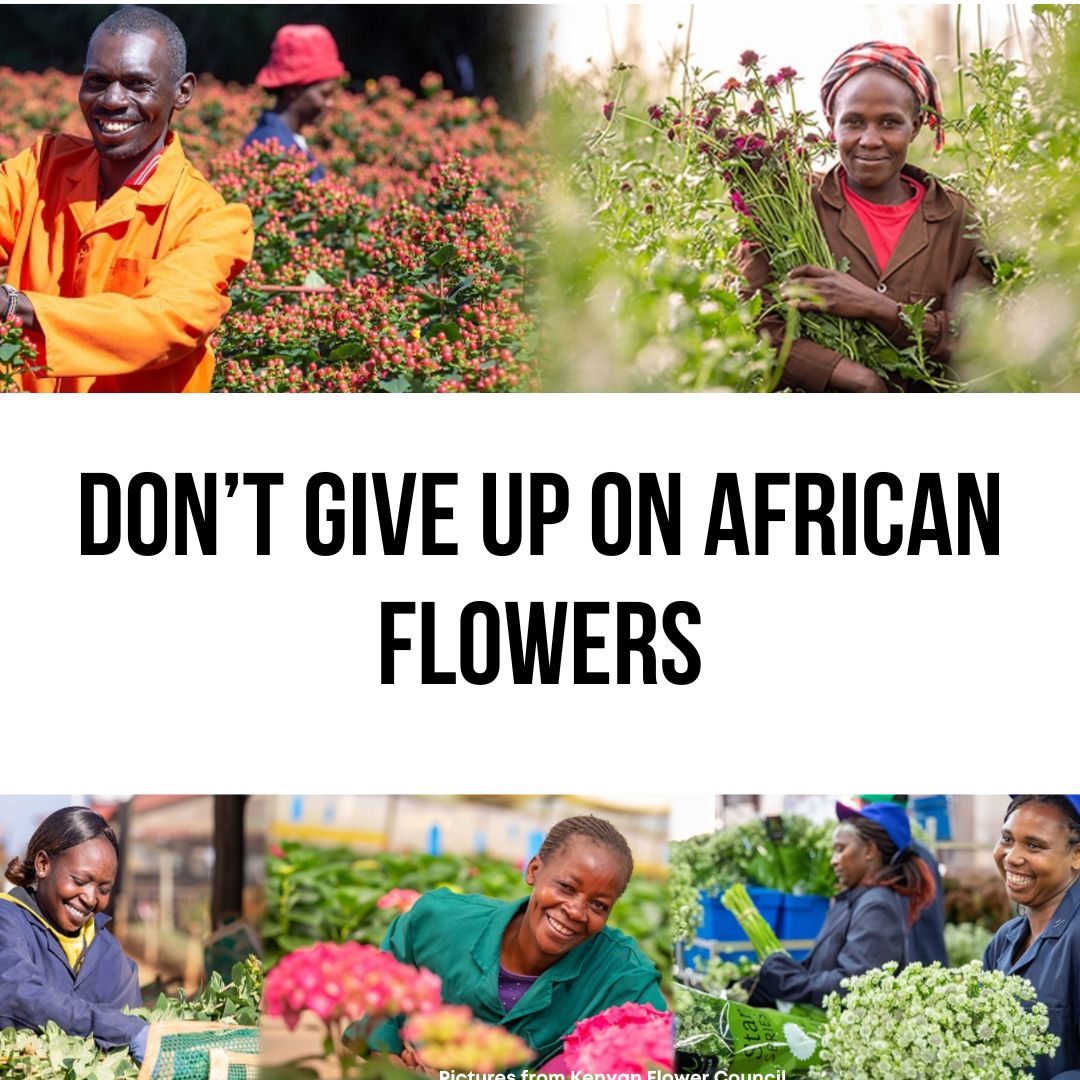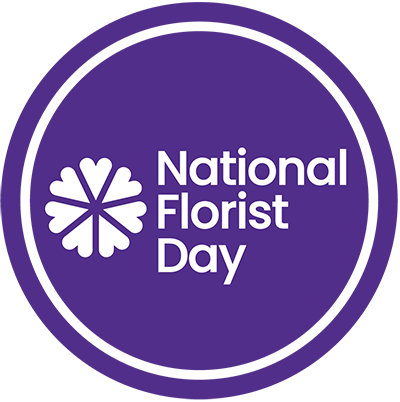
African imports .. helping people and planet
As the flower industry enters the peaks of Valentine's and Mother's Day an important piece of research shows the positive benefits of imported produce. Although focussed on fruit and vegetables the same principles apply to flowers and is an important reminder that global supply must be seen in the round.
Because a study conducted by Fairmiles and the University of Exeter has estimated that at least five million people in Africa who benefit from the trade of airfreighted fresh produce to UK and European supermarkets are at risk from calls to reduce carbon emissions by limiting flown food and flowers.
The research was presented during a stakeholder roundtable organised by the campaign group ‘Fairmiles’ to discuss how to take a fair approach to Net Zero without stopping vital market access for developing world producers.
Fairmiles is made up a of organisations representing fresh produce businesses, academia and the international development sector. Its aim is to establish a just and equitable strategy, consistent with the principles of Climate Justice to ensure we achieve Net Zero without stopping vital market access for developing world producers. Founding partners include ODI, University of Northampton, University of Exeter, COLEAD, Beanstalk.Global and Blue Skies.
The research highlighted that airfreight helps communities to thrive in global supply chains, enabling inward investment and inclusive economic development. It also revealed:
- Very few emissions come from Africa, or air freighting fresh produce. Africa comprises of 18% of the world’s population but only 3% of emissions. Transport of food is 1.56% of total global emissions. Of this, just 0.16% of food travels by air.
- Fresh produce is transported in commercial belly holds. Air freighted fresh produce on UK and European retailers’ shelves is enabled by UK and European travellers in commercial airlines. This provides capacity for air freight. Africa’s passenger traffic is expected to double by 2035. Increasing air freight can therefore help Africa to reduce the trade deficit.
- Reducing airfreight won’t reduce flights. If we stop importing fresh fruit and vegetables from Africa it will have limited impact on flights that are driven by passenger numbers.
- African imports far exceed exports. Africa has been a net importer of food for the last three decades. Nigeria imports ten times more than it exports. UK & European exports dominate trade.
Simon Derick, Head of Sustainability at the fruit manufacturer Blue Skies and a founding member of the Fairmiles consortium, said “it is clear that airfreighted fresh produce from developing countries provides a vital trade link that lifts millions of people out of poverty. Stopping this trade will do more harm than good, so it is in all our interests to achieve Net Zero in a way that protects and not penalises vulnerable communities”.
Click here to download the full factsheet and summary of the research.






